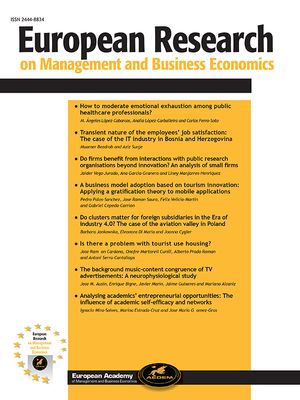La necesidad de innovar en la economía actual, ha hecho que el conocimiento y su gestión hayan alcanzado una gran importancia. Por ello, el estudio de los instrumentos que tienen las empresas para la gestión del conocimiento se hace imprescindible. En el presente trabajo se propone el empleo del e-learning como una herramienta valiosa para la gestión del conocimiento, planteando un marco de trabajo integrador basado en el modelo de conversión del conocimiento de Nonaka y Takeuchi (1995). Partiendo de ese marco de trabajo, se ilustra mediante el desarrollo de escenarios cómo llevar la integración propuesta a la práctica.
The companies’ need of innovating in the new economy, has caused that knowledge and its management have acquired a great importance. Hence, the analysis of the tools employed by the companies to create and to manage knowledge has become indispensable. In this paper, the use of e-learning as a valuable tool for knowledge management is proposed, with the aim of providing an integrating framework based on the Nonaka and Takeuchi's model of knowledge creation. Considering that framework, how to make a practical implementation of the proposed integration is illustrated by developing scenarios.





